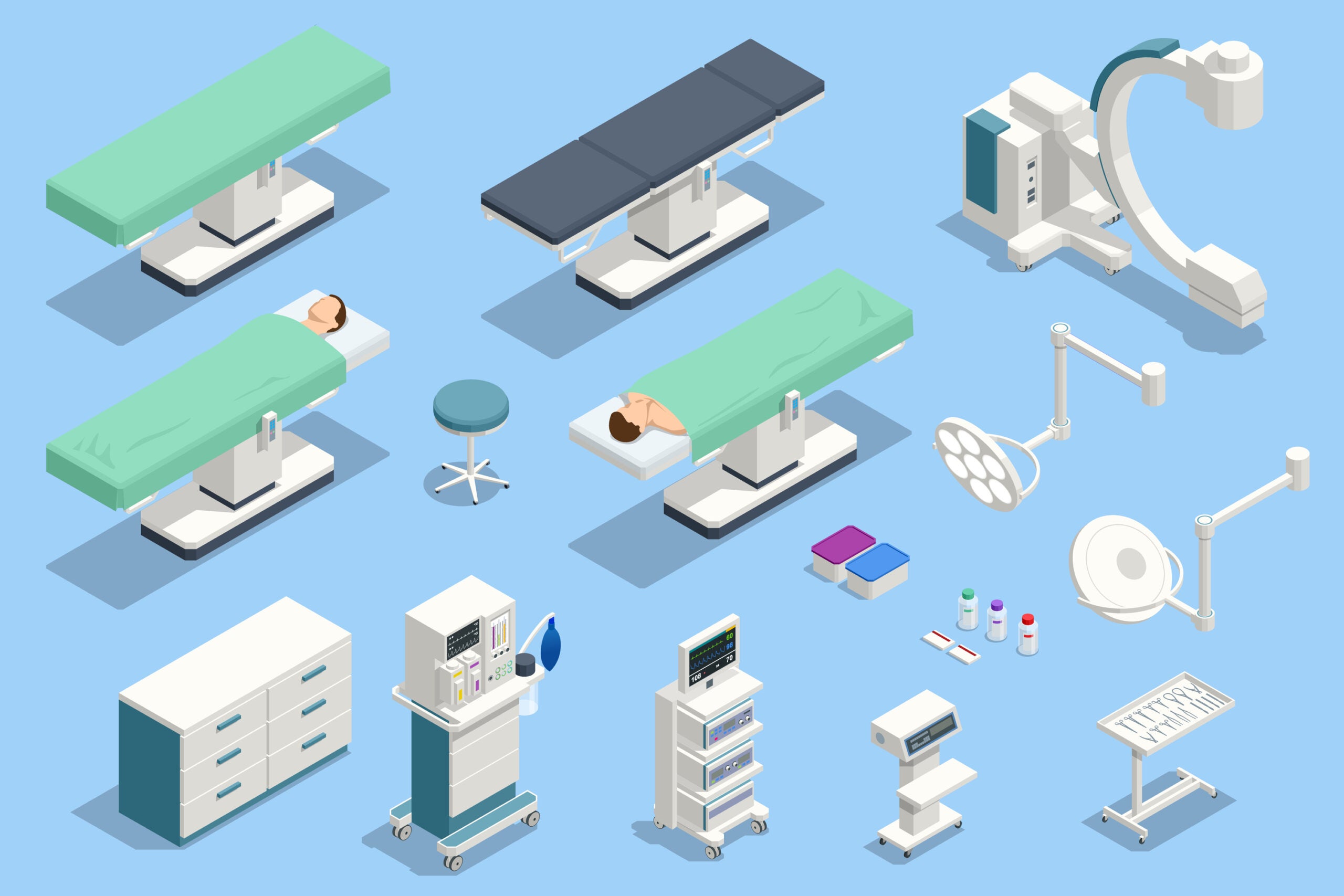
Editor's Note Surgeons across multiple disciplines are confronting a distinct wound pattern tied to xylazine-contaminated opioids and adapting management to avoid unnecessary amputations, the American College of Surgeons October 1 reports. These wounds can resemble necrotizing soft tissue infection at first glance, yet the clinical picture and trajectory differ, calling…

Editor's Note The Food and Drug Administration (FDA) has issued a series of early alerts this month regarding high-risk recalls from several leading medical device makers, citing patient safety risks ranging from pump failures to vascular complications. These alerts highlight issues with products from Johnson & Johnson’s (J&J’s) Abiomed unit,…

Editor’s Note: This page is a companion piece to the main article, Emergency preparedness: Identifying essential supplies for unplanned surgical events. While the main article outlines the principles of emergency readiness and supply preparation in the OR, the posts below offer a closer look at two key implementation areas: Supply…

Editor's Note The US Food and Drug Administration (FDA) issued an early alert for Baxter’s Novum IQ Large Volume Pumps (Model 40700BAXUS) due to potential for underinfusion when transitioning from a flow rate to a higher flow rate (eg, rate change or bolus). According to the agency’s July 22…

Editor's Note The US Food and Drug Administration (FDA) has designated recent medical device recalls involving GE Healthcare’s Carestation anesthesia system, Medtronic aortic root cannula systems, Zoll Circulation’s AutoPulse NXT Resuscitation System, and Medtronic’s Bravo CF Capsule Delivery Devices as Class 1, the most severe category indicating serious risk of…

Editor's Note On this National Time Out Day, perioperative leaders are being called to reinvigorate the time-out process to combat complacency and reduce adverse events. Despite decades of safety initiatives, the adverse event rate in surgical care remains high—38% of perioperative cases, with nearly half tied directly to surgical procedures,…

Editor's Note Wrong-site surgeries are on the rise, and insufficient surgical time outs are a key contributor, according to new data highlighted by AORN on June 10 in honor of this year’s National Time Out Day on June 11. Based on The Joint Commission’s Sentinel Event Data 2023 Annual Review,…

Editor's Note An AI-powered wearable camera has achieved 99.6% accuracy in detecting potentially deadly drug mix-ups, including in the OR, NBC News reported May 25. Developed by Kelly Michaelsen, MD, at UW Medicine, the smart glasses scan medication labels in real time, alerting anesthesia providers to syringe-vial mismatches before drugs…

Editor's Note For the first time, the Spring 2025 Hospital Safety Grade from The Leapfrog Group introduces a “Straight A” designation for facilities that have earned top marks across five or more consecutive grading cycles. Published May 1, the latest edition of this biannual safety grade shows 346 hospitals—just 12%…

Editor's Note Although hospitals are already integrating artificial intelligence (AI), nurses warn that the technology may undermine their expertise and compromise patient care, The Associated Press (AP) reported March 16. The push for AI in healthcare stems from widespread nursing shortages. More than 100,000 nurses left the workforce during the…